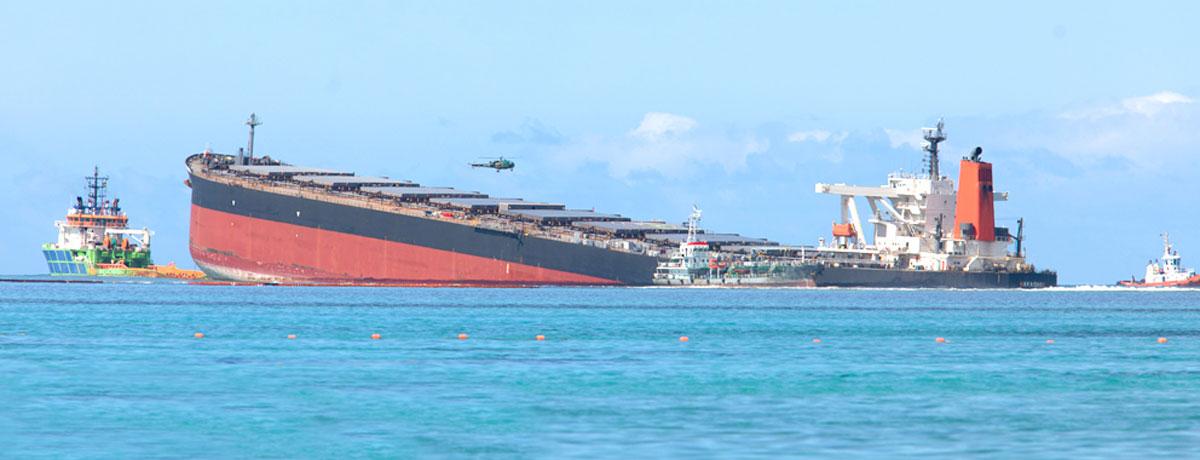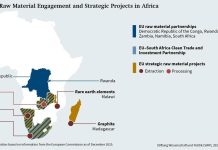Africa-Press – Lesotho. Fifty-five years after independence, the road has been at times rickety but many would feel that thankfully our institutions, the quality of people at their helm, and the inbuilt separation of powers between the Legislature, the Executive and the Judiciary, with an independent media, have stood the test of times and steered us through the tricky patches where our national unity or even our economic development itself could have been unsettled.
While this can be a simplistic schematisation, it is the background of the realities that have been evolving constantly over 55 years and that have emerged with particular vigour over the past decade.
On the Indian Ocean front, the realisation of international agreements over maritime economic jurisdictions and the amicable delimitations where there is overlap with the Seychelles or Maldives, for instance, has raised our national profile from that of an island to a maritime state covering some two million square kilometres and extending from Rodrigues through St Brandon to the Chagos, Agalega and up to the Seychelles.
We have recognised this millennium that we are a blue ocean maritime state with newer demands to monitor, control and exercise professional naval and legal jurisdiction over a vast territory. Quite apart from the sovereign exploitation of fisheries and any other maritime resources over this vast expanse.
We can certainly rely and benefit from technical assistance from traditional allies with established naval capacities in the region, most notably France and India, which already have a functioning mutual agreement for sharing of facilities in order to maintain free navigation lines and keep piracy at bay.
The maintenance of the American Diego base within a new cadre of national sovereignty and the infrastructure being finalised by India in Agalega, which the PM has assured would be under national control, are other useful adjuncts to monitor maritime traffic, maintaining free navigation and sustain how we develop intelligently our ambitions in the Indian Ocean.
But whether we can rely on the actual structures, personnel and reporting lines of the National Coast Guard (NCG) to be a full-fledged and respected partner to keep watch over our high-water expanse, should be open to a strategic rethink.
Wakashio disaster
The Wakashio disaster a few kms away from our beaches at Pointe d’Esny, brought home the point that the NCG, despite its personnel and resources (a fleet of vessels of varying capacities, a flotilla of helicopters and Dornier aircraft, some based at SSR airport, a few minutes’ flight from the beaching and ultimate wreckage site), had neither the operational autonomy, nor perhaps fully-trained maritime safety and rescue operators, to prevent an emergency situation from developing, nor a beaching on our coral reefs turning into a pathetic wreckage. We do not know what our network of radars and the radio control operations revealed, as the Court’s findings are still held confidential.
For More News And Analysis About Lesotho Follow Africa-Press






